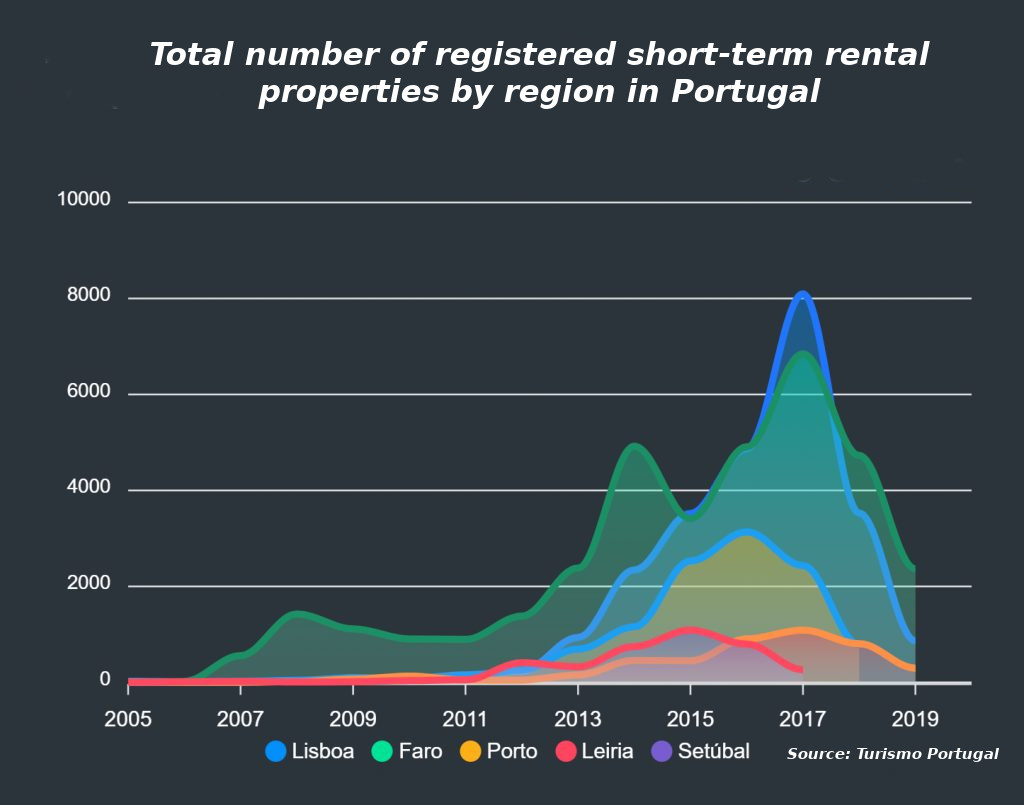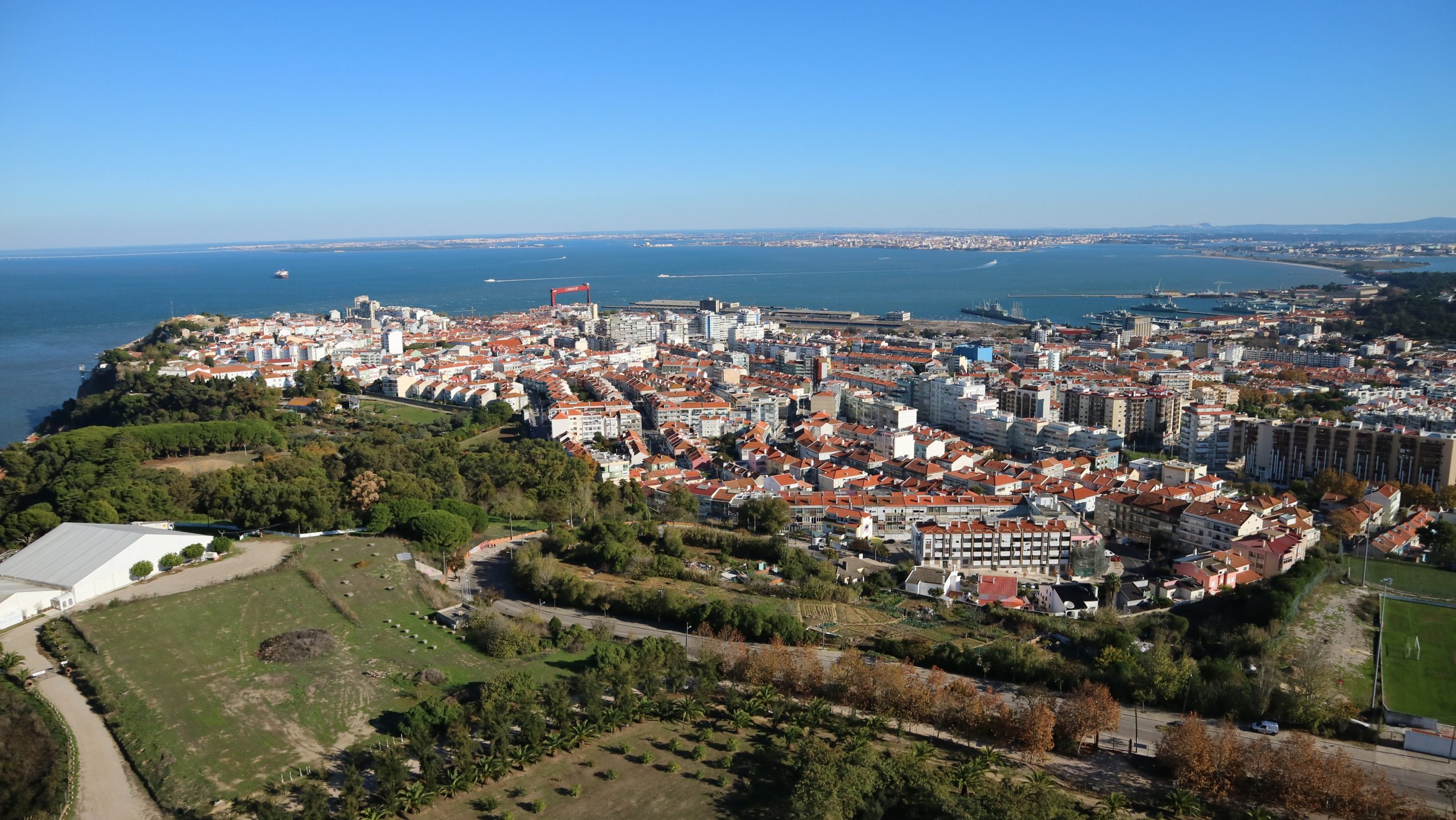The impact of the coronavirus pandemic on the global property market is well reflected in the grim statistics that are being released daily.
The real estate sector in Portugal, like in many other countries, took a huge hit when the novel virus began to set the world ablaze with fear and uncertainty.
With tourism at its heart, Portugal, and its short-term rental industry, in particular, had for years benefited enormously from budget travelers.
But the unprecedented outbreak turned everything upside down, and, like any other scenario, the turmoil had its winners and losers.
Many hosts started moving to the long-term market, and the considerable increase in supply contributed to a downward price adjustment for tenants.
On the other hand, a large number of property owners suffered a body blow when the crisis left their rentals vacant for extended periods.
Read more: Short-Term Rentals Outperforming Hotels in Pandemic Era
The mayor of Portugal’s capital saw the pandemic as an opportunity to “do things differently”. Writing in The Independent, Fernando Medina said the city’s popularity as a vacation spot has come at a cost.
“Essential workers and their families have increasingly been forced out as Airbnb-style holiday rentals have taken over a third of Lisbon’s city center properties, pushing up rental prices, hollowing out communities, and threatening its unique character.
Under the scheme announced by the mayor, the city will pay landlords to turn short-term rentals into longer-term homes for locals, to make it possible for key workers to live in the city center again.
“It’s a bold strategy that offers landlords long-term, stable incomes and gives us the chance to recreate a more vibrant, healthier, and equitable city,” according to Medina.
It remains to be seen whether the proposed incentives are enough to convince hosts to join the initiative or not, particularly now that countries are opening back up to international tourists.

With short-term rentals being thrust into the spotlight in the wake of COVID-19, it seems relevant to explore the evolution of this sector in Portugal and the impact of the unfolding health, social, and economic cataclysm.
In a series of posts, Via News will be publishing exclusive statistics that offer new insights into the past and current status of the short-term lodging market in Portugal.







